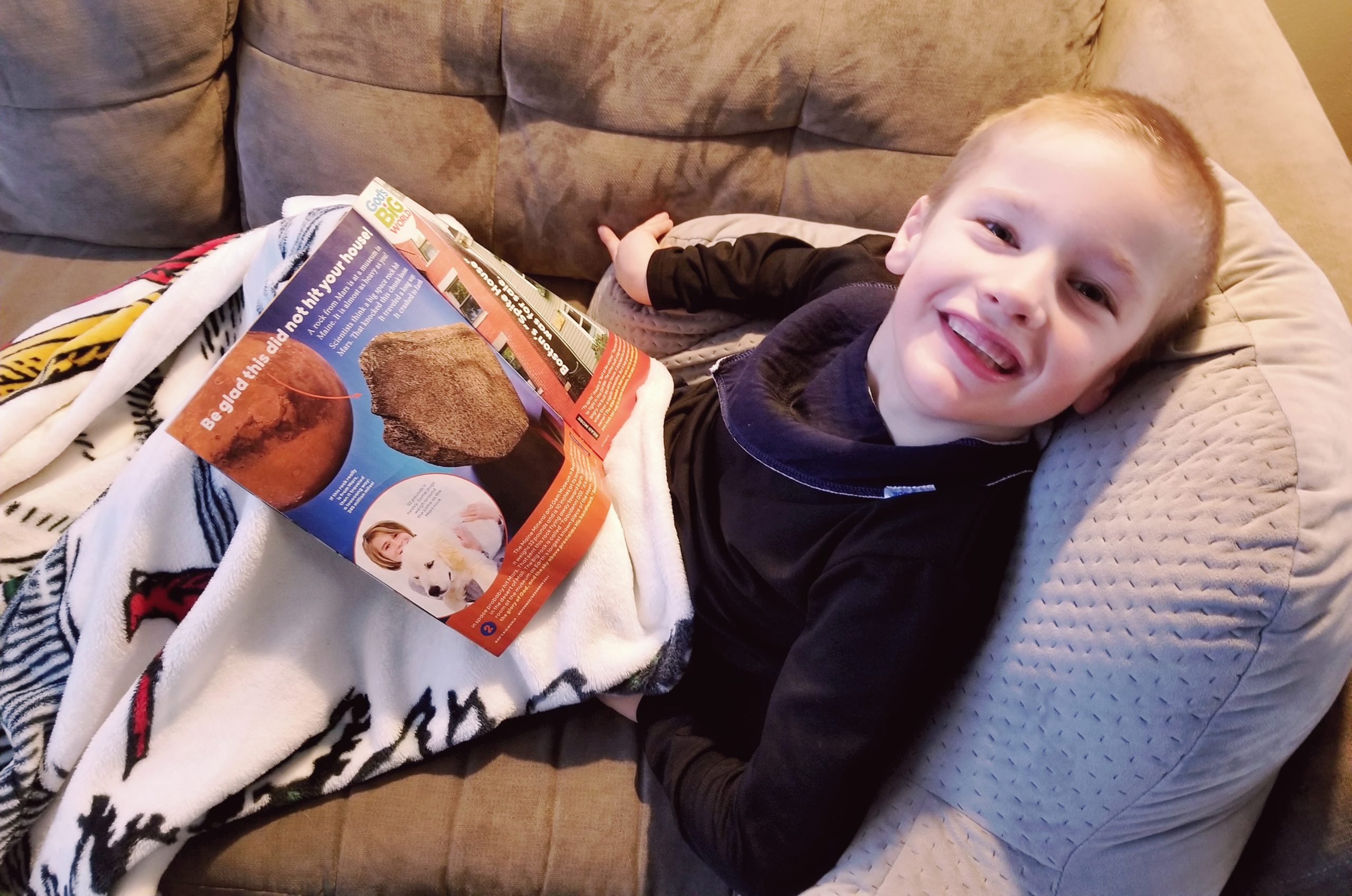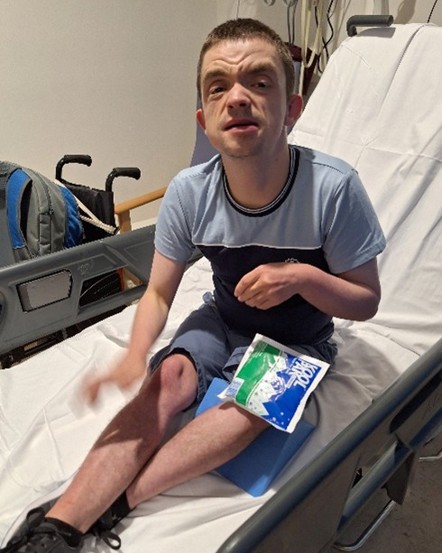Don’t Get Me Started on the Word “Just”

Victoria Tkachuk
I'm from the Midwest region of the United States and I have four children, three neurotypical daughters and one son with dyskinetic cerebral palsy. My...

“I see your son doesn’t walk. Oh, he’ll grow out of that! Just keep him practicing, he’ll get there!”
“You don’t need to feed him, he’s old enough to do it himself. Just give him the spoon, he’ll figure it out.”
“If you keep doing things for him, he’ll never learn. Just let him fail at things, and he will learn to adapt.”
Can you hear my frustrated sigh through the screen?
We’ve all been here, confronted with a well-meaning stranger (or family member) who just wants to give their best piece of parenting advice to us. Sometimes you can see them coming from a mile away. At a shop, they lock eyes with you, give a friendly smile and, for some reason, make a beeline for you and your additional needs child. You brace yourself, hoping they will say something nice but not advisory. If you’re like me, that hope is often dashed.
Now, I try to be a measured person. I try very hard to see the motivation behind someone’s actions and respond accordingly. But I confess, when I receive unsolicited advice about my son, my patience grows very thin, very quickly.
If only the advice we are given was simple for my son to achieve. Or easy to accomplish. Or relevant. Or… you get the idea.
Why does it bother me so much?
The comments of these well-meaning people, puts a dampener on the time our kids put into learning how to do things. It diminishes it to “just” doing this or that. For our kids, there is no just picking up a spoon; or just holding their head up, or just interacting with peers, or just communicating their thoughts. These activities require so much of their patience, physical determination, and emotional stamina. It is insulting to have this leveled to a “just” statement. It’s insulting to my kid, and it’s infuriating to me.
Opinions I value
You know whose opinion I do look back on and see value in? The first neurologist to treat my son when he was a few days old. That neurologist looked at my son’s MRI and observed him over a couple of days. He told me, in no uncertain terms, that my son would have significant developmental delays. Sure, at the time I didn’t know the extent of that term. But I can see now that the doctor’s clear and direct communication of an expectation allowed me to prepare. Had he said, “Your son will just have developmental delays,” the expectation would’ve been entirely different. That simple word – just – implies that challenges can be overcome simply.
Managing expectations
As it stands now, I try not to have expectations of my son’s abilities or his interest in completing tasks. Yes, I do think my son can do tons of things he wants to. He is determined, strong willed, adaptable, and open to learning. He is whip smart and can be quite stubborn about doing things by himself. These are all great qualities, and I celebrate them alongside him daily. He will never be just a kid who should be doing x or y by this age. He is so much more than that.


